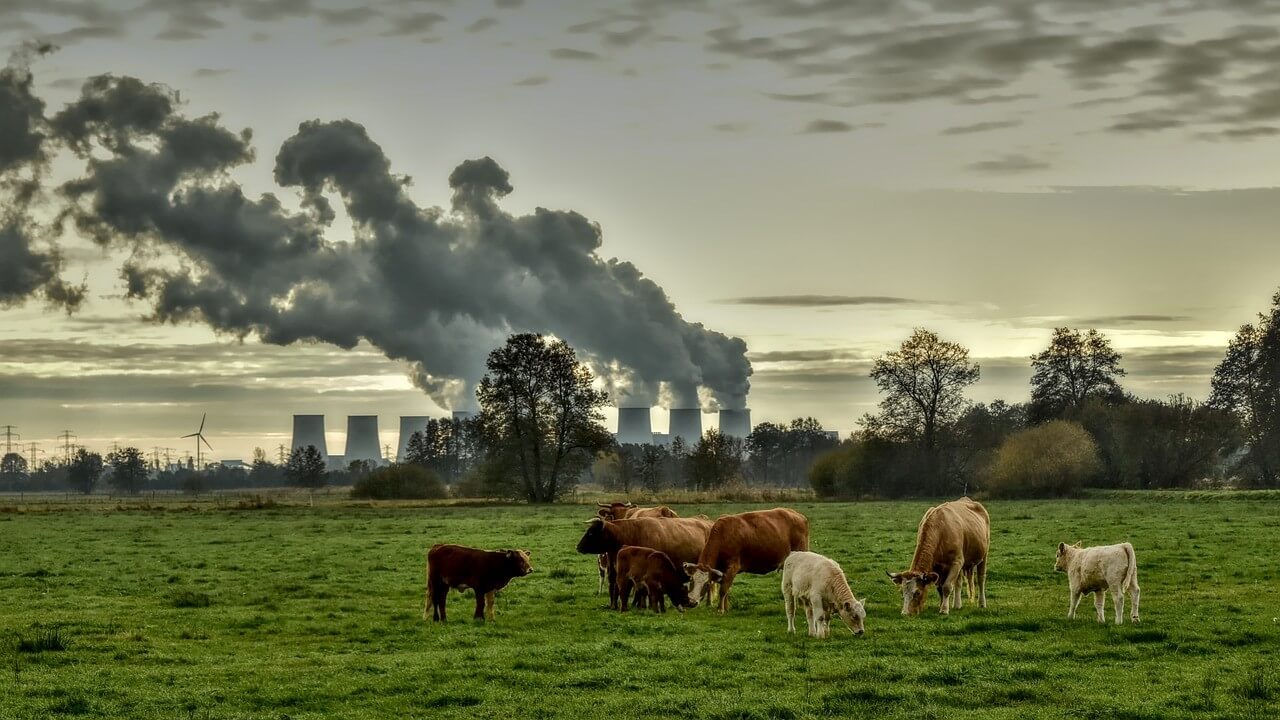
For decades, businesses have examined, discussed and played with the idea of greenwashing, and the risks that come with it.
From infamous case studies like Chevron’s People Do campaign in the 1980s to Volkswagen’s deceptive low-emissions claims in 2015, greenwashing has always been a subject of great intrigue and scandal.
However, what we’ve learnt from case studies like these is that it can take years, sometimes decades, to repair a reputation tarnished by greenwashing.
Investors, customers and company staff can be greatly affected by misleading claims of environmental stewardship and will quickly jump ship if a company is deemed to be acting immorally, or worse, unlawfully.
This is becoming increasingly true as more reports find that consumers keep the planet in mind when making a purchase. The 2020 McKinsey & Co Consumer Sentiment Survey found that 79% of consumers include sustainable packaging in their purchasing decisions. This figure was even higher (83%) among Millennials, so it certainly pays to satisfy consumers with transparent advertising content and publicly available material.
Greenwashing and the regulations around it are sure to affect most businesses over the coming years, so if you’re unsure of how it relates to your business and how you can avoid it, get in touch with WolfPeak.
Our team is well across the latest guidance and regulations, allowing us to guide you towards best-practice business management from an environmental perspective.
Hurt reputation and trust
Any marketing department will tell you that a successful business begins with strong brand perception and fostering consumer trust. Before customer loyalty can be improved, a positive perception and trust must be nurtured.
This process of improving brand perception can take months and years of hard work so those marketing teams would be foolish to throw it all away for a few outlandish or careless claims.
Of course, as we know from those case studies, this carelessness still happens as businesses vie for the most impressive environmental position.
Unfortunately for businesses who are caught out, EY’s seventh Future Consumer Index found that 41% of Australian and New Zealand consumers would stop buying from a business if it acted socially or environmentally inappropriate.
By claiming half-truths to appear more sustainable, your business will only put its own position at risk. If you have enough competitors, it should be easy enough for customers and investors to ditch you and move along to the next most trustworthy brand.
Depending on your financial position, your investors may be the difference between a strong bottom line and bankruptcy. So, we ask you to ask yourself: is greenwashing worth it?
Greenwashing laws and how to avoid litigation
The lines around environmental claims are still more grey than green, but regulation is ramping up and most businesses will soon be affected by clearer laws.
To help you avoid litigation and put your mind at ease, the Australian Competition and Consumer Commission (ACCC) recently released its draft guidelines on environmental and sustainability claims for businesses.
As labelled, this 39-page document is a guideline only and helps businesses avoid the consequences of Australian Consumer Law.
If you don’t have time to read the whole document, we created a quick guide to the guidelines where we explained a few of the eight principles for making sustainability claims.
These included making accurate and truthful claims, providing evidence to back up your claims, and being open about your sustainable transition.
So long as you stick to these eight principles, you’ll be well protected from greenwashing accusations and your business can continue its journey to more sustainable practices.
Let’s talk about the future
WolfPeak has passionately built a business around helping others to operate sustainably. From infrastructure to cultural land management, we cover all areas of environmental management to ensure the environment and the economy can thrive in harmony.
We encourage you to book a 30-minute conversation with us to understand how your business can thrive. And remember: sooner or later, every business will need to have the conversation to keep up with regulations.
Image Source: https://pixabay.com/photos/pxclimateaction-climate-protection-7129877/Let’s talk about the future



